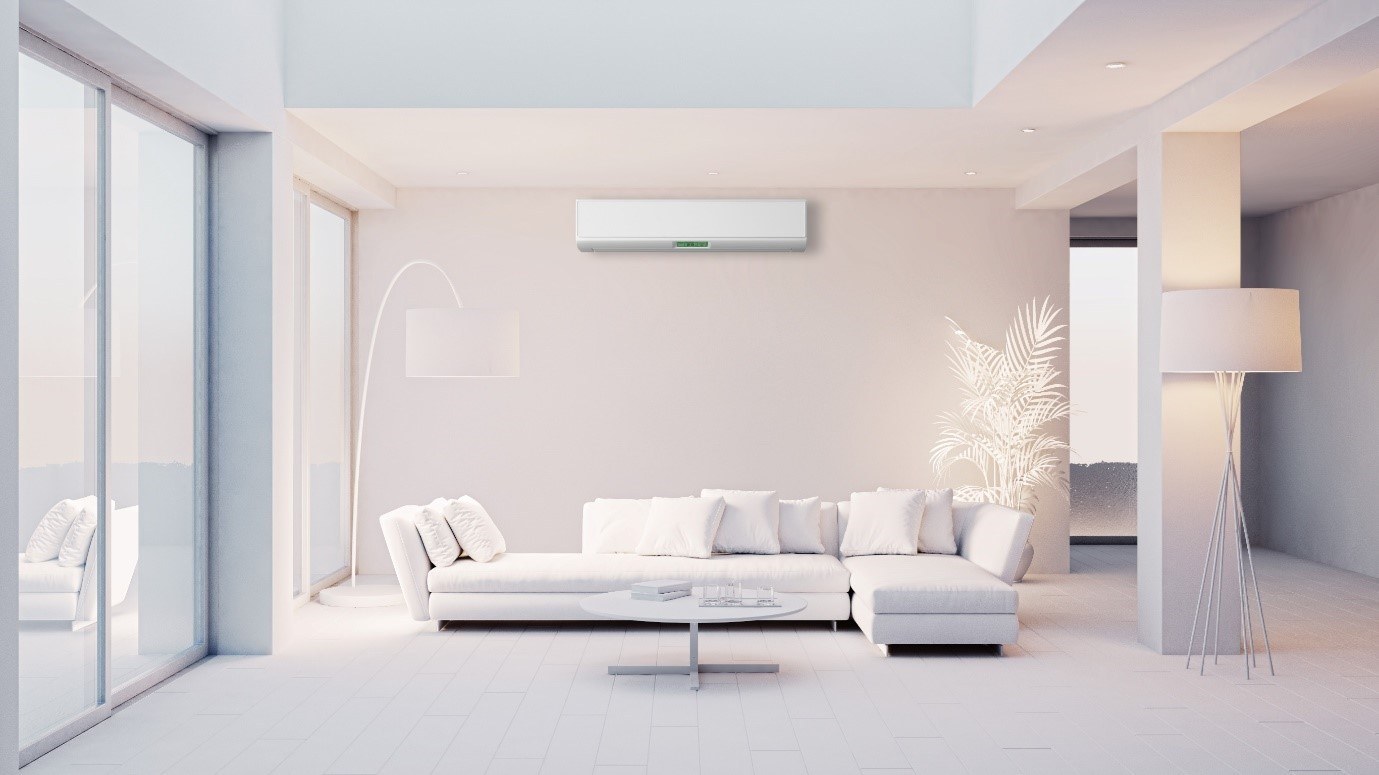
In a world that often promotes consumerism and the relentless accumulation of material possessions, the concept of minimalism has emerged as an alternative lifestyle choice. Minimalism encourages individuals to prioritise experiences and relationships over material goods.
But does having fewer belongings truly lead to a happier life? Let’s delve into the connection between minimalism and happiness, exploring the potential benefits of embracing a minimalist mindset and lifestyle.
What is Minimalism?
Minimalism extends beyond decluttering or owning fewer possessions. It is a deliberate decision to simplify one’s life by focusing on what truly matters. It involves intentional consumption, thoughtful spending, and a shift away from the culture of excess.
By eliminating non-essential items and distractions, a minimalist lifestyle aims to create space for what brings genuine joy and fulfilment.
The Connection between Material Possessions and Happiness
Research suggests that the pursuit of material possessions does not result in long-term happiness. While acquiring new things may bring temporary pleasure, the excitement quickly fades, and the desire for more emerges.
The constant pursuit of material possessions can lead to a cycle of dissatisfaction and financial strain. In contrast, minimalism challenges the notion that happiness is directly proportional to the number of possessions one owns.
The Benefits of Embracing a Minimalistic Lifestyle
Embracing a minimalist lifestyle offers several key benefits.
First and foremost, it enhances clarity and focus by eliminating physical clutter, enabling individuals to concentrate better on their personal goals and aspirations. Additionally, it fosters a sense of calmness and alleviates the stress that arises from managing an excessive number of belongings.
Moreover, owning fewer possessions grants individuals the freedom to fully engage in experiences and travel without the burden of material goods. Furthermore, a minimalist lifestyle can lead to savings, reduced debt, and increased financial security.
The Emotional Aspect of Minimalism
Minimalism goes beyond the physical realm and has a profound emotional impact. Letting go of unnecessary possessions can cultivate gratitude, contentment, and appreciation for what truly matters in life. It encourages individuals to focus on relationships, personal growth, and experiences that bring joy rather than relying on material possessions for happiness.
Finding Balance and Individual Preferences
While minimalism brings numerous benefits, it is essential to find a balance that aligns with individual preferences and values. Minimalism is not about deprivation or getting rid of everything. It is about making conscious choices that support well-being and happiness. Some individuals may choose to embrace a more minimalist lifestyle, while others may adopt minimalist principles in specific areas of their lives.
The pursuit of a minimalist lifestyle offers an opportunity to re-evaluate our relationship with material possessions and prioritise what truly brings us happiness. By focusing on experiences, relationships, and personal growth, we can create a more fulfilling and meaningful life.


